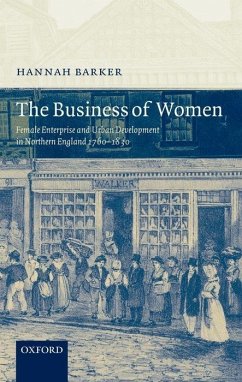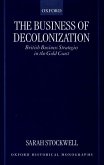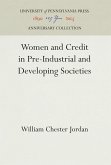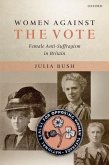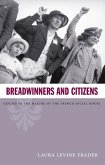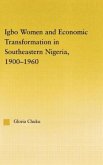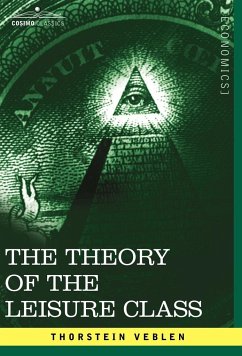In contrast to the traditional historical consensus that the independent woman of business during this period - particularly those engaged in occupations deemed 'unfeminine' - was insignificant and no more than an oddity, businesswomen are presented here not as footnotes to the main narrative, but as central characters in a story of unprecedented social and economic transformation. The book reveals a complex picture of female participation in business. It shows that factors traditionally thought to discriminate against women's commercial activity - particularly property laws and ideas about gender and respectability - did have significant impacts upon female enterprise. Yet, it is also evident that women were not automatically economically or socially marginalized as a result. The woman of business might be subject to various constraints, but at the same time, she could be blessed with a number of freedoms, and a degree of independence that set her apart from most other women - and many men - in late Georgian society.
This study of the experiences of lower middle-class women in northern towns during the industrial revolution challenges widely held views on women's social and economic roles in the late eighteenth and early nineteenth centuries. Hannah Barker balances rigorous quantitative analysis of the available evidence with portraits of individual women and their lives.
This study of the experiences of lower middle-class women in northern towns during the industrial revolution challenges widely held views on women's social and economic roles in the late eighteenth and early nineteenth centuries. Hannah Barker balances rigorous quantitative analysis of the available evidence with portraits of individual women and their lives.

